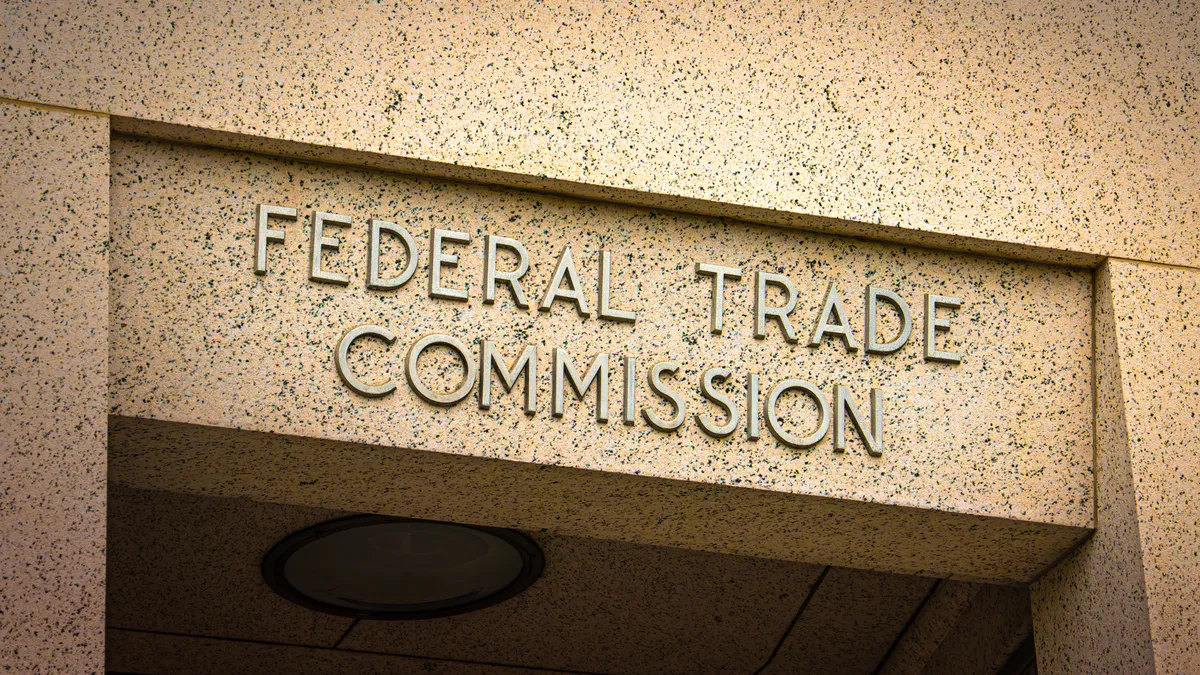In the wake of easing inflation and AI advances over the past year, some tech companies may be increasingly hungry to enter the M&A arena even as the new U.S. election has thrown a new type of uncertainty into the market, deal experts from accounting and consulting firm KPMG said in a virtual roundtable last week.
This year has seen strong growth in terms of average deal size, and modest growth in terms of volume, both of which KPMG’s Anuj Bahal, the firm’s US deal advisory and strategy sector leader for tech, media and telecom, expects to continue through 2025.
At the same time, there’s also heightened pressure, especially for those with private equity investors, to find sellers or buyers. Currently there are about 450 technology companies worth $1 billion or more owned by private equity, and half of those companies have been in their portfolios for five or more years, Bahal said. This is getting toward the end of the typical three to seven year investment hold period after which PE typically looks for an exit, CFO Dive previously reported.
“Time is not necessarily your friend in the PE world. The pressure has been increasing,” he said.
That pressure comes as an anticipated M&A recovery this year has not been as strong as some had anticipated. In H1, the global value of M&A activity rose to $1 trillion, up 4% compared with the year-earlier period but below the 10-year average of $1.5 trillion, according to a report from global management consulting firm Boston Consulting Group.
Indeed, some deal-makers are “energized” by the prospect of M&A potentially driving double digit increases in M&A volume next year due to pent-up demand and interest rate cuts as well as deregulation efforts expected from the incoming Trump administration, CFO Dive previously reported.
However, there’s still uncertainty about what policies Trump will pursue in office which could affect markets, some KPMG experts said during the roundtable. For example, while KPMG’s economists projected the Federal Reserve will cut interest rates from the current 4.5% range to 3.5% next year, this might change depending on the White House’s deportation efforts.
Whatever happens with deportations could have a major impact on inflation and therefore interest rates, according to Tim Lashua, KPMG US accounting and advisory services leader for the tech industry. “It could spark a new round of inflation and maybe even slow interest rate cut forecasts, maybe even requiring a holding or even an increase as we look into 2026,”Lashua said.
He added that even while the incoming administration overall appears to lean towards deregulation, it has also been highly critical of the tech sector. “Uncertainty is not necessarily a good thing for corporate America for doing deals,” Lashua said, adding that dealmakers are always looking for certainty and the more certainty they get the better things will be.
Greg Sward, KPMG’s strategy lead for the tech industry, noted that finance leaders in the tech sector have already been shifting away from pure growth to focus more on fundamentals. The election has simply amplified this mindset.
“So the question is, how are they navigating this level of uncertainty in this environment? The basic message we heard [from CFOs] was getting the basics right, it really matters more now than… it used to,” Sward said. “The strategy has to come first, the zeal to deal can be really problematic right now.”
What this means for prospective dealmakers, said Sward, is keeping debt low and cash high, considering the strategic purpose of a deal more thoroughly, emphasizing operational efficiencies, and focusing on “very simple KPIs.”
“If you do all those things and make sure the parties are aligned, like sales and product for example, you give yourself the best chance to be successful in M&A when things are so uncertain,” he said.



















